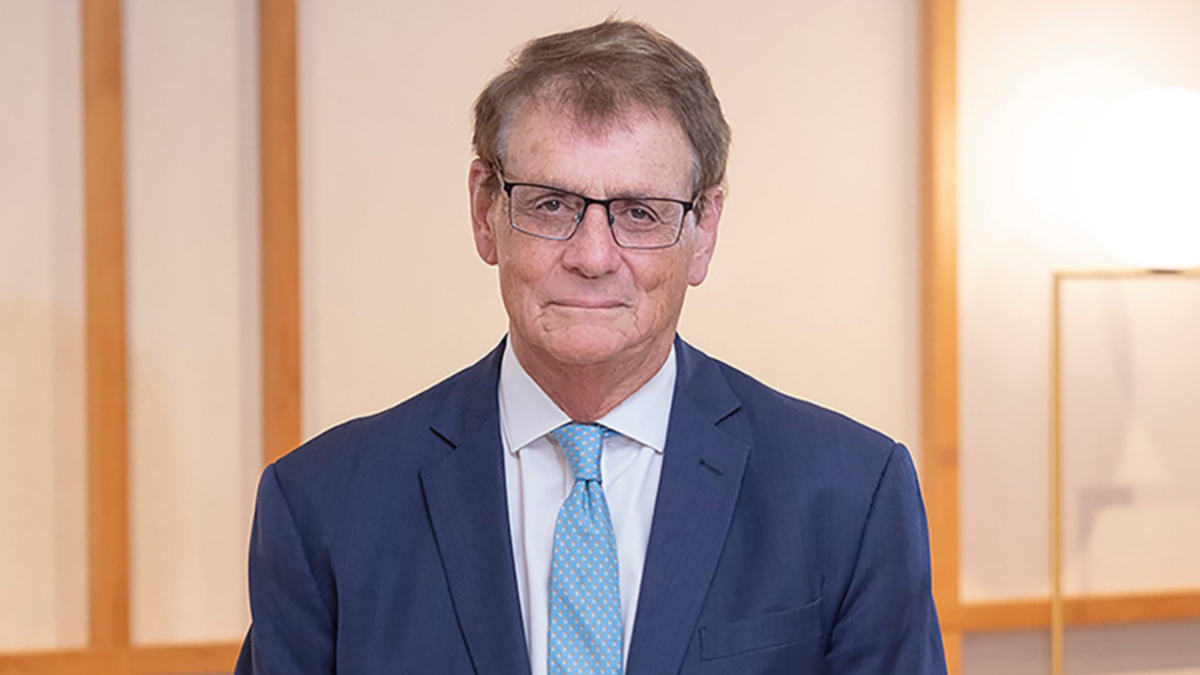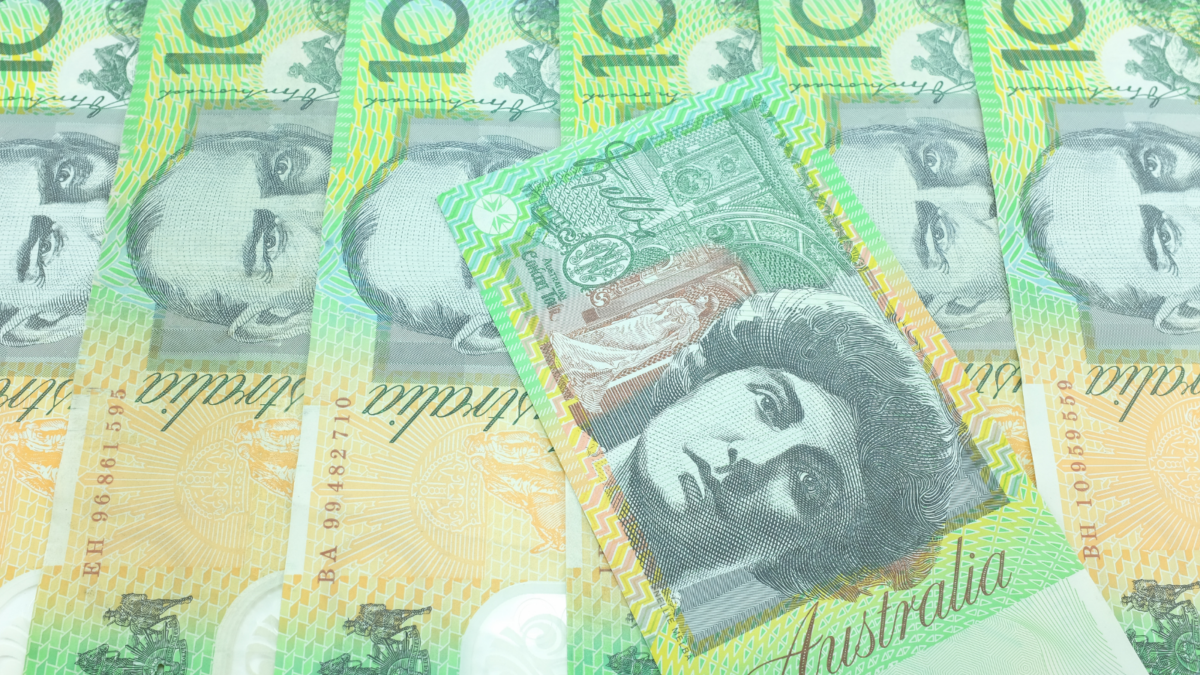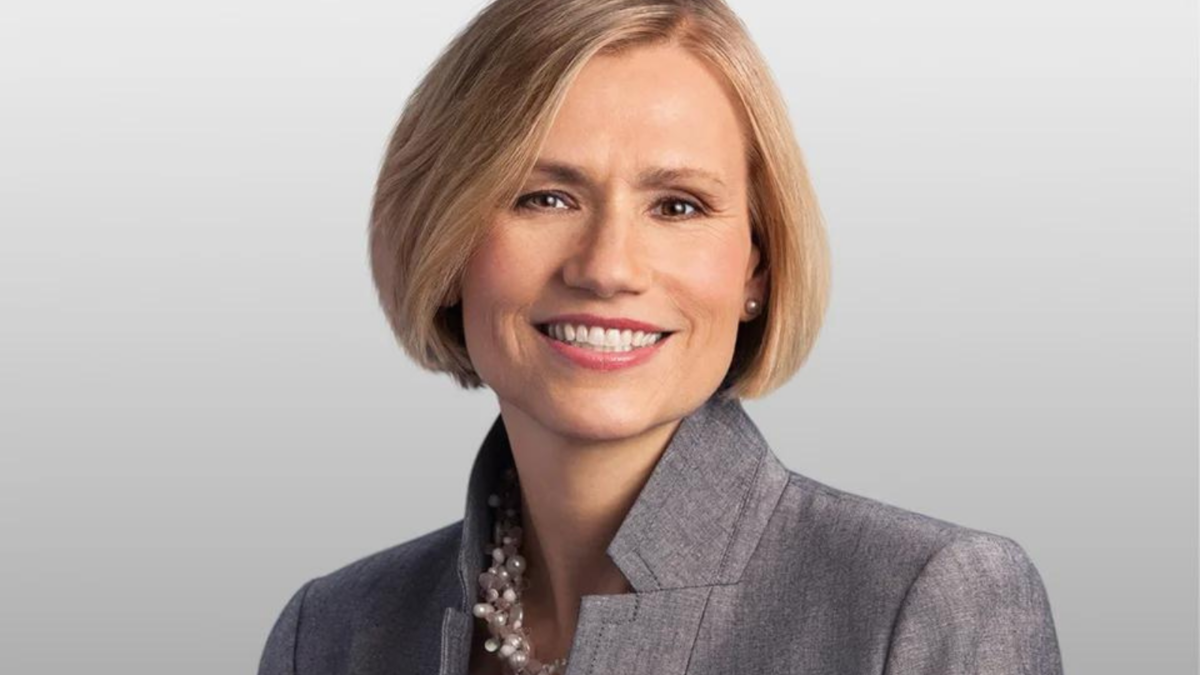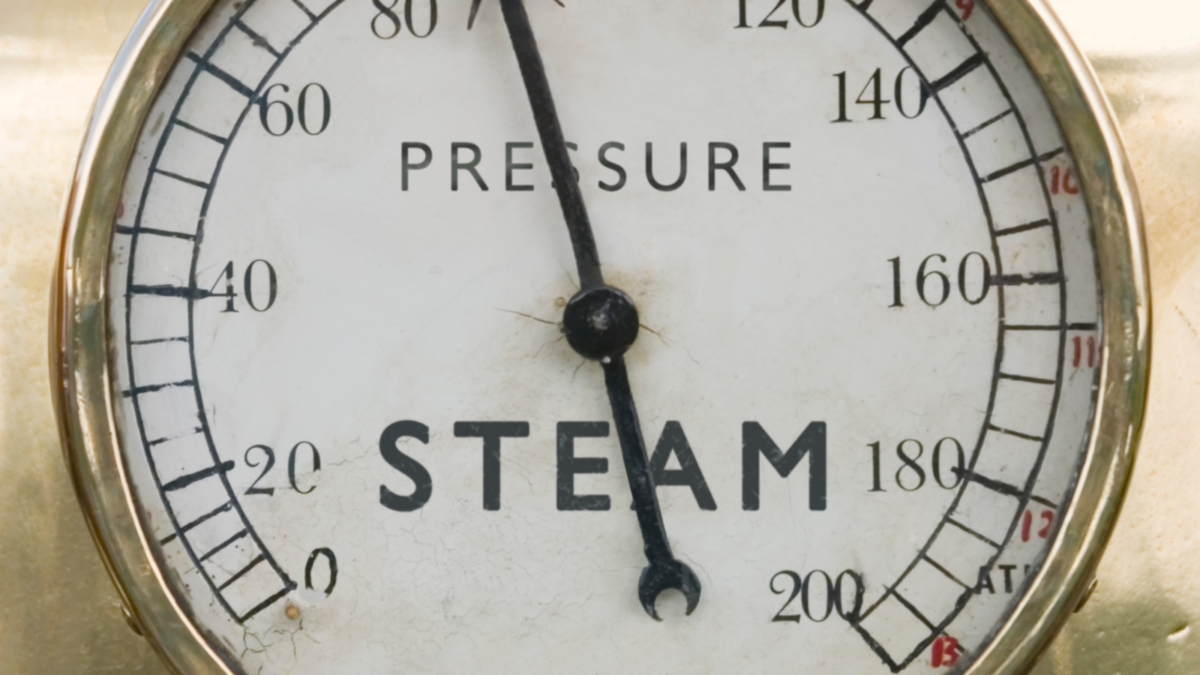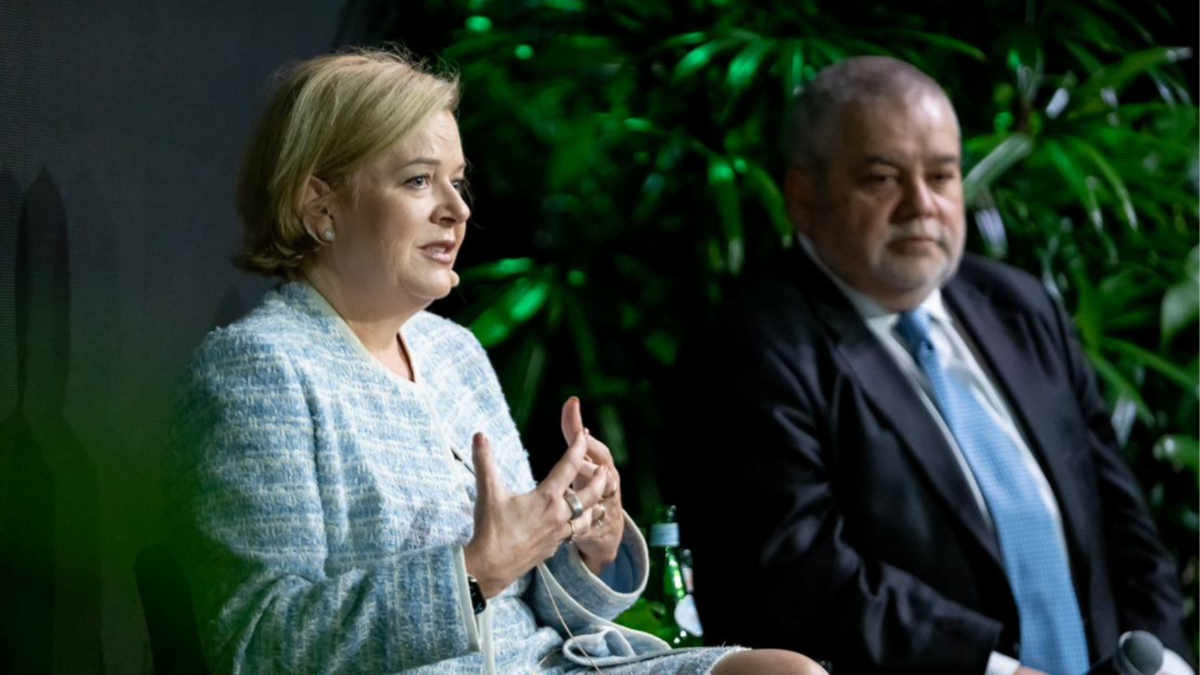-
Sort By
-
Newest
-
Newest
-
Oldest
The rate hiking cycle may be reaching its zenith, with inflation showing signs of a plateau. The next few months will be pivotal, Neuberger Berman says, which means accounting for two-way risk is crucial.
Bill Evans, who will step down next year after three decades as Westpac’s chief economist, says “deeply pessimistic” consumer sentiment despite the RBA’s recent pause is a sign of further hikes ahead.
In a recent market update Sage lamented the RBA’s recent decision to re-engage interest rake hikes after pausing only a month earlier. Policy outcomes have become confusing, the fund manager noted, with the path to a soft landing becoming even narrower.
“I believe inflation is largely in the rear view mirror, and the Fed will not be hiking again,” said Invesco’s chief global market strategist Kristina Hooper. And the trend could be a global one.
The crippling doom loop between the banks and the real economy we saw in 2008 is unlikely to feature in the coming recession, says Ruffer’s Jamie Dannhauser, who is more concerned about a violent liquidation in financial markets.
While still high, inflation in developed economies is showing signs of slowing down according to New York-based investment management firm Neuberger Berman, with markets set to benefit from increasingly stable conditions.
The current economic cycle is too changeable to set any portfolio to autopilot, according to Mason Stevens’ Jacqueline Fernley. Counterpoints to conviction are needed, and the devil’s advocate should be your friend.
It is perfectly possible that some inflationary measures fall back through zero, and prices actually deflate in an odd month, says Ruffer chair Jonathan Ruffer. If that happens, the complaisant assumption that inflation will go back to sleep again might look justified – but it will be a false dawn.
Highly anticipated new consumer price data showed the inflation rate in Australia hit its highest level since 1990 in the December quarter. But analysts are mixed on whether inflation will moderate later this year or become more entrenched.
The US economy should experience a “benign disinflation” over the next six months as pandemic-infused snarls unravel. That should mean good things for stocks, at least in the short term.


